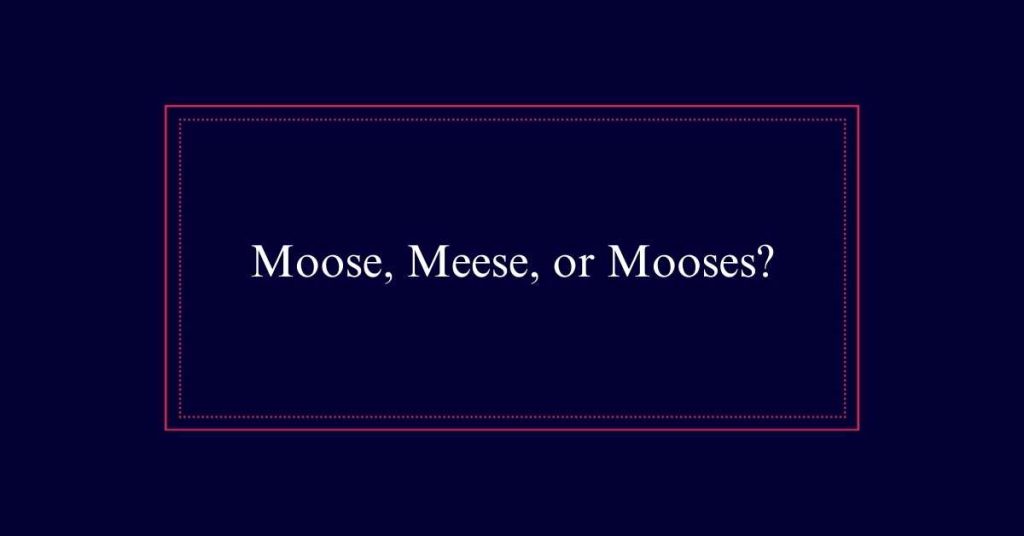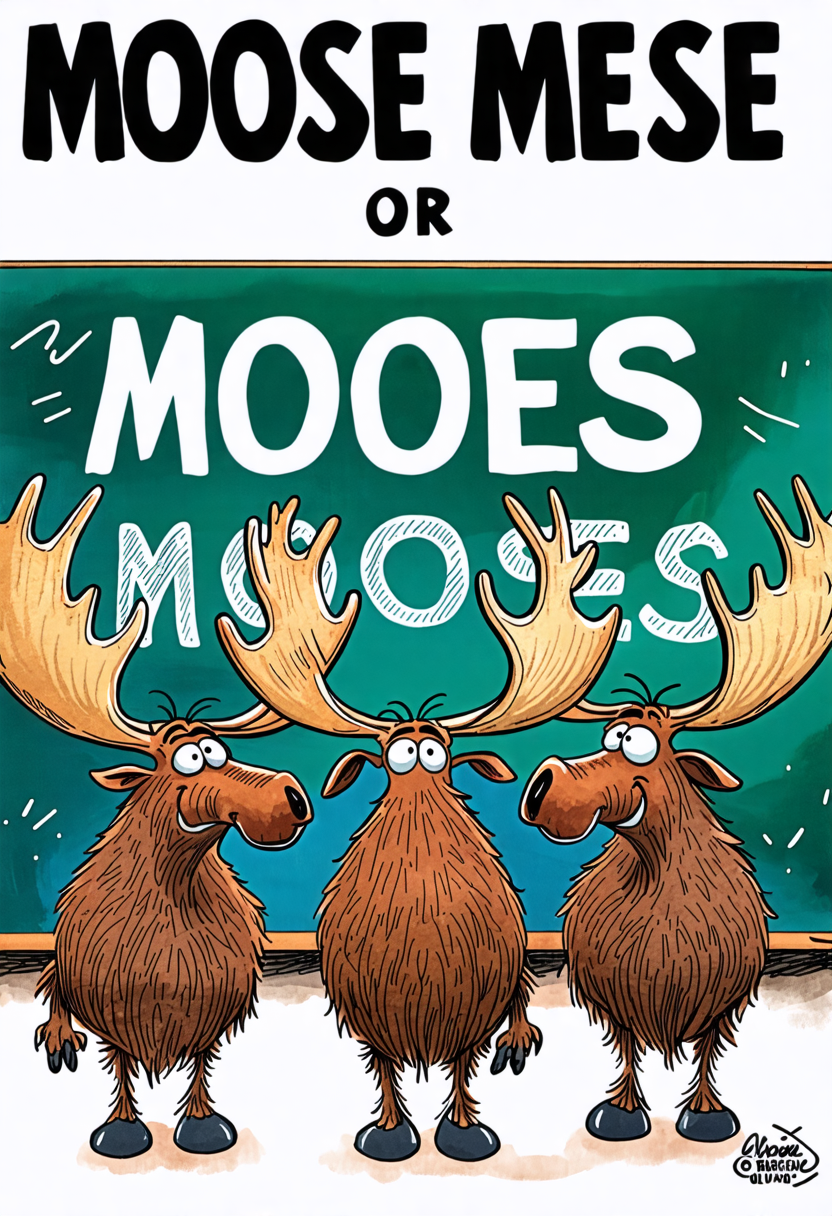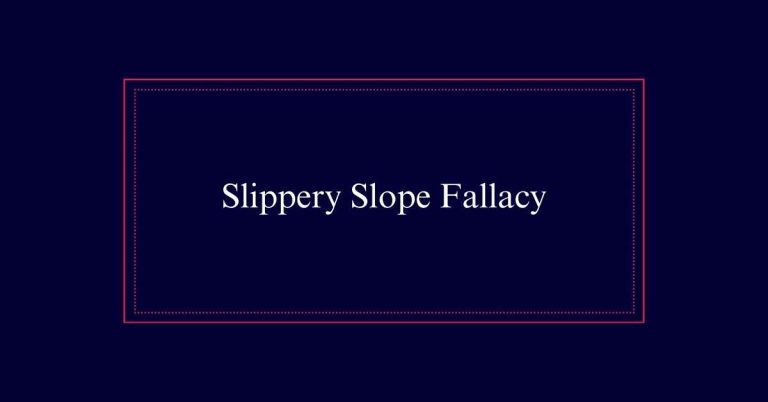Moose, Meese, or Mooses?
The plural of ‘moose’ is simply ‘moose.’ Unlike some English words that change form when pluralized, ‘moose’ remains the same. This is because the term comes from the Eastern Algonquian language, which does not alter the word in its plural form. The incorrect forms ‘meese’ and ‘mooses’ are common misconceptions. Using ‘moose’ for both singular and plural helps maintain clarity and accuracy in communication.
The Correct Plural Form
The correct plural form of ‘moose’ is ‘moose.’ This is a unique aspect of English, as most animal names follow regular pluralization rules, like adding ‘s’ or ‘es.’
The word ‘moose’ comes from the Algonquian language, where it retains its original plural form. Unlike words that adapt to English plural rules, ‘moose’ remains unchanged when referring to more than one animal.
This usage reflects respect for the language’s origins and adds diversity to English vocabulary. Using forms like ‘meese’ or ‘mooses’ is incorrect and can cause confusion.
Common Misconceptions
Despite its simplicity, the plural form of ‘moose’ often leads to common misconceptions. Many assume it should follow typical English pluralization rules, resulting in incorrect forms such as ‘meese’ or ‘mooses.’ The confusion arises from irregular plural forms in English, like ‘geese’ for ‘goose.’ However, ‘moose’ does not follow this pattern.

Some people mistakenly believe ‘meese’ is correct because it mimics the pluralization of similar-sounding words. Others think ‘mooses’ fits English conventions. These misconceptions can lead to errors in writing and speaking.
Algonquian Language Origins
Algonquian language origins provide valuable insight into the word ‘moose’ and its plural form. The term ‘moose’ is derived from the Eastern Algonquian languages, specifically from the word ‘moos.’ This native term was adopted into English and retains its original plural form, eschewing the typical English pluralization rules.
Here are key points to take into account:
- Native Roots: The word ‘moose’ has indigenous origins.
- Plural Retention: It keeps its singular form when pluralized.
- Language Influence: Algonquian languages have contributed several words to English.
- Cultural Significance: Understanding these words enriches knowledge of Native American culture.
Incorrect Usage: ‘Mooses’
Many people mistakenly believe that ‘mooses’ is the correct plural form of ‘moose.’ This usage is incorrect and does not follow the linguistic rules governing the word.
‘Moose’ comes from the Algonquian language, where it retains the same form for both singular and plural. English speakers might think ‘mooses’ fits because it follows the common pattern of adding ‘s’ to make plurals, but this is not applicable here.
Why ‘Meese’ Is Wrong
The use of ‘meese’ as the plural form of ‘moose’ is incorrect. This misconception likely arises from the irregular plural forms of some English words, such as ‘goose’ becoming ‘geese.’ However, ‘moose’ does not follow this pattern. Here are key reasons why:
- Origin: ‘Moose’ comes from the Algonquian language and retains its original form.
- Consistency: Unlike ‘goose,’ the word ‘moose’ does not change in plural form.
- Linguistic Rules: English does not apply the same pluralization rules to borrowed words from other languages.
- Usage: Using ‘meese’ is not recognized in any formal or informal context.
Examples in Sentences
Understanding why ‘meese’ is incorrect helps us appreciate the proper use of ‘moose’ in sentences.
For instance, ‘Every creature is better alive than dead, men and moose and pine trees,’ highlights the correct usage.
Similarly, ‘Children who see bald eagles, coyotes, deer, moose, and grouse have a unique childhood experience,’ correctly uses ‘moose’ in a list of wildlife.
Another example is, ‘Now that you can spell moose correctly, you can appreciate these magnificent animals,’ which shows proper plural usage.







